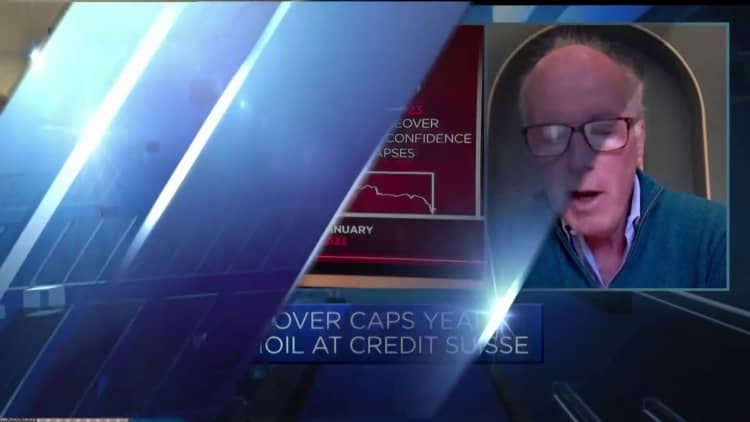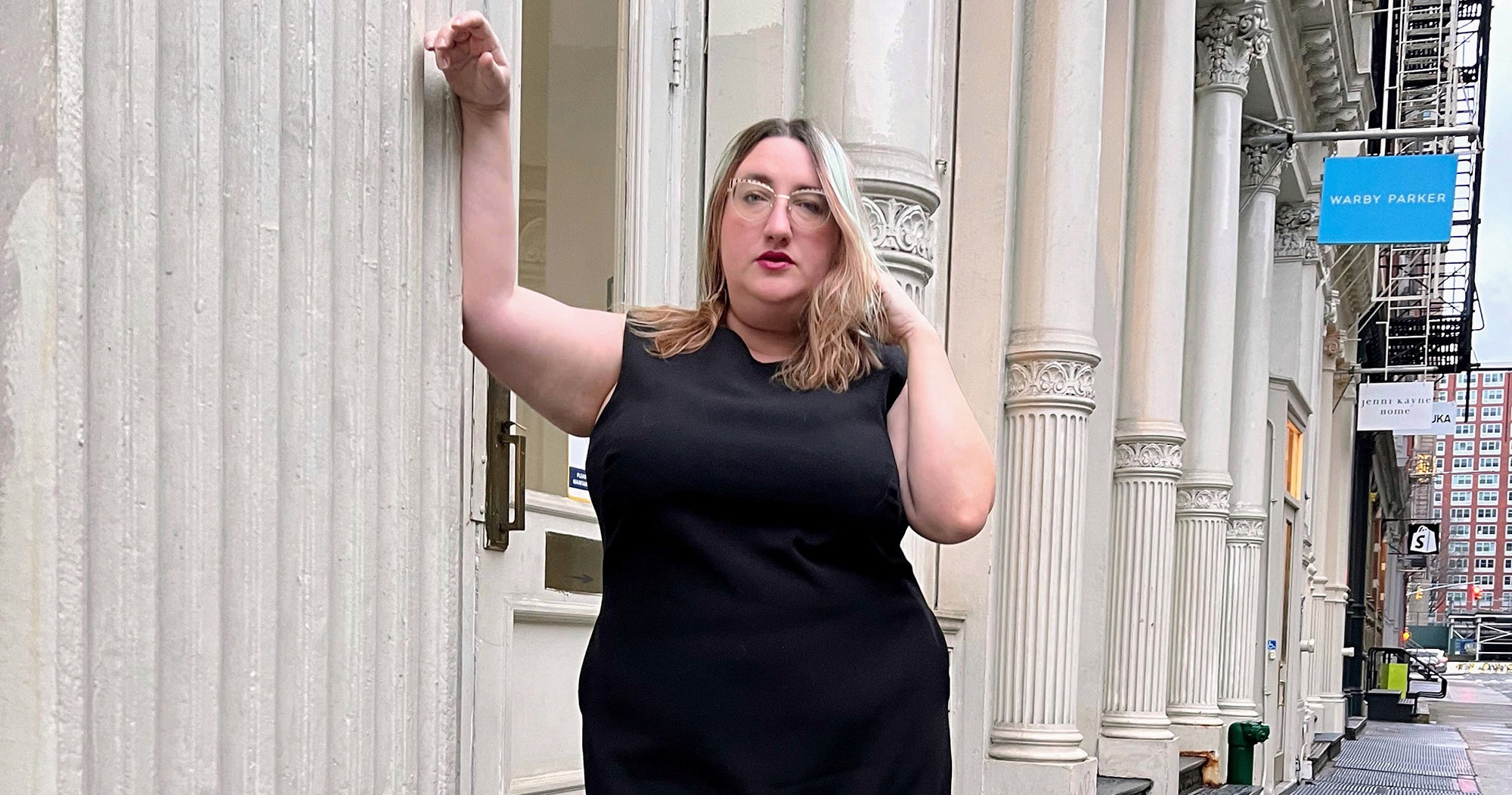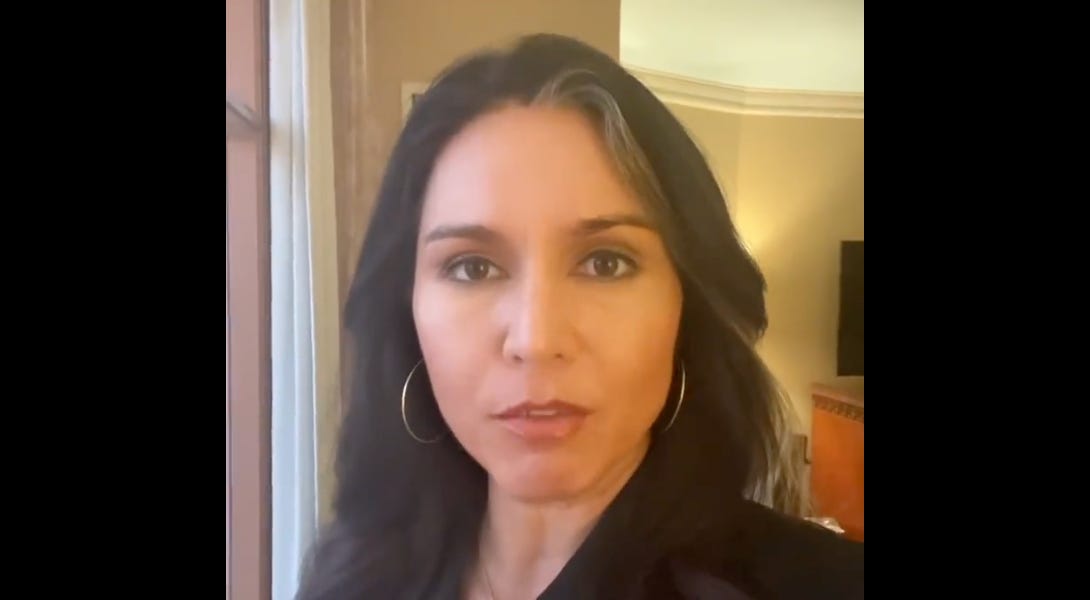UBS appointed Sergio P. Ermotti as its group Chief Executive Officer following its agreement to acquire Credit Suisse.
Harold Cunningham | Getty Images News | Getty Images
UBS named Sergio Ermotti as its new Group CEO on Wednesday, following the recent acquisition of Credit Suisse.
The move will be effective April 5, UBS said in a statement.
Ermotti — who was group CEO at UBS for nine years from November 2011 to October 2020 — will replace the current CEO Ralph Hamers. Ermotti is currently the chairman of insurance company Swiss Re.
Hamers will remain at UBS to advise the bank during the transition period to “ensure a successful closure of the transaction and a smooth hand-over,” the company said.
In a deal orchestrated by Swiss regulators, Switzerland’s largest bank UBS agreed on March 19 to buy its embattled rival Credit Suisse for 3 billion Swiss francs ($3.2 billion). The move came as governments looked to stem a contagion threatening the global banking system.
The leadership change comes “in light of the new challenges and priorities facing UBS after the announcement of the acquisition,” UBS said Wednesday.

UBS brings back Sergio Ermotti as CEO
The statement pointed to how Ermotti “successfully repositioned” the bank following the 2008 global financial crisis, and “achieved a profound culture change within the bank.” That allowed the Swiss lender to “regain the trust of clients and other stakeholders, while restoring people’s pride in working for UBS,” the bank said.
Hamers reportedly told employees of the government-orchestrated takeover that UBS “did not buy Credit Suisse only to close it,” Reuters reported.
In the announcement, UBS Chairman Colm Kelleher called Hamers an “outstanding” CEO who led UBS to “unprecedented success despite a challenging environment.”
While the acquisition of Credit Suisse supports UBS’ existing strategy, it imposes new priorities on the group, he said.
“With his unique experience, I am very confident that Sergio will deliver the successful integration that is so essential for both banks’ clients, employees and investors, and for Switzerland,” Kelleher said.
‘Part of the fallout’
The move surprised some market observers, but one analyst said it was just part of the fallout from the merger deal.
As with “all forced mergers or an acquisition of not equal parties, you can always have this friction and I think that’s what you see at play here,” Peter Garnry, head of equity strategy at Saxo Bank, told CNBC on Wednesday.
“It was very clear that the now former CEO at UBS was not really happy about this shotgun wedding and I think that’s the fallout you see now.”

Notably, in an interview with Swiss newspaper NZZ am Sonntag in September, Ermotti argued that there was no “compelling” economic reason for Switzerland to have two big banks.
“Everything we have seen, I think, since the global financial crisis with regulation is leading us down one path, of bigger and bigger and banks, more and more concentration, which leads to fragility but also less competition and I’m not sure it’s long term going to be good for the overall financial system,” Garnry argued.
“It puts the conversation out there: are we moving towards more public interference with money itself?”
He said the discussions in the U.S. after the collapse of Silicon Valley Bank is, “to what degree should there be guarantees on deposits above the FDIC deposit guarantee limit? If you do that, what is the purpose of having banks, private money etc?”
“I think there are big questions here about this and where we’re heading in the banking system,” Garnry said.
— CNBC’s Lim Hui Jie contributed to this report.









































































